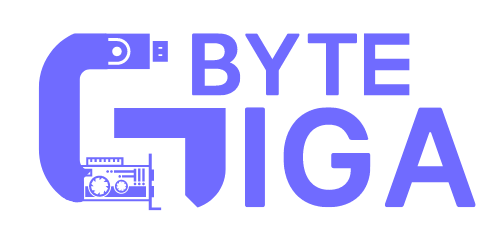Blockchain technology, initially known for its role in cryptocurrency, is now making significant strides in the field of cybersecurity. As cyber threats continue to evolve, the need for robust security measures has never been more critical. Blockchain offers a decentralized and secure way to protect data, making it a promising solution for the future of cybersecurity.
Understanding Blockchain Technology
Blockchain is a distributed ledger technology that ensures data integrity through cryptographic hashing and decentralized consensus mechanisms. Unlike traditional centralized systems, blockchain operates on a peer-to-peer network, eliminating single points of failure and reducing the risk of data breaches.
The Role of Blockchain in Cybersecurity
Blockchain’s inherent security features make it an ideal candidate for enhancing cybersecurity. Here are some key ways blockchain is being utilized in this domain:
Data Integrity and Transparency
Blockchain ensures that data cannot be altered once it is recorded on the ledger. This immutability is crucial for maintaining data integrity and transparency, which are essential for cybersecurity. By providing a tamper-proof record of transactions, blockchain helps prevent unauthorized access and data manipulation.
Decentralized Identity Management
Traditional identity management systems are often centralized, making them vulnerable to attacks. Blockchain offers a decentralized approach, where users have control over their own identities. This reduces the risk of identity theft and fraud, as there is no central repository for hackers to target.
Secure Data Sharing
In industries such as healthcare and finance, secure data sharing is paramount. Blockchain enables secure and transparent data sharing between parties without the need for intermediaries. This not only enhances security but also improves efficiency and reduces costs.
Challenges and Considerations
While blockchain holds great promise for cybersecurity, it is not without its challenges. Understanding these challenges is crucial for effectively implementing blockchain solutions.
Scalability Issues
One of the primary challenges of blockchain technology is scalability. As the number of transactions increases, the blockchain can become slow and inefficient. Researchers are exploring various solutions, such as sharding and off-chain transactions, to address these scalability issues.
Regulatory and Compliance Concerns
Blockchain operates in a decentralized manner, which can pose challenges for regulatory compliance. Ensuring that blockchain solutions adhere to existing regulations and standards is essential for their widespread adoption in cybersecurity.
Security of Blockchain Networks
While blockchain itself is secure, the networks and applications built on top of it can still be vulnerable to attacks. It is important to implement robust security measures at all layers of the blockchain stack to protect against potential threats.
Future Trends in Blockchain Cybersecurity
The future of blockchain in cybersecurity looks promising, with several emerging trends set to shape the landscape.
Integration with AI and IoT
The integration of blockchain with artificial intelligence (AI) and the Internet of Things (IoT) is expected to enhance cybersecurity capabilities. AI can help identify and mitigate threats in real-time, while blockchain provides a secure framework for data exchange between IoT devices.
Quantum-Resistant Blockchain
As quantum computing advances, there is a growing need for quantum-resistant blockchain solutions. Researchers are developing cryptographic algorithms that can withstand the computational power of quantum computers, ensuring the long-term security of blockchain networks.
Increased Adoption in Various Sectors
Blockchain’s potential for enhancing cybersecurity is being recognized across various sectors, including finance, healthcare, and supply chain management. As more industries adopt blockchain technology, we can expect to see significant improvements in data security and privacy.
“Blockchain technology is not just a tool for securing transactions; it is a fundamental shift in how we think about data security.”
John Doe, Cybersecurity Expert
Conclusion
Blockchain technology is poised to revolutionize the field of cybersecurity. Its decentralized nature, coupled with its ability to ensure data integrity and transparency, makes it a powerful tool for protecting against cyber threats. While challenges remain, ongoing research and development are paving the way for more secure and scalable blockchain solutions. As we look to the future, the integration of blockchain with emerging technologies like AI and quantum computing will further enhance its capabilities, making it an indispensable component of modern cybersecurity strategies.









